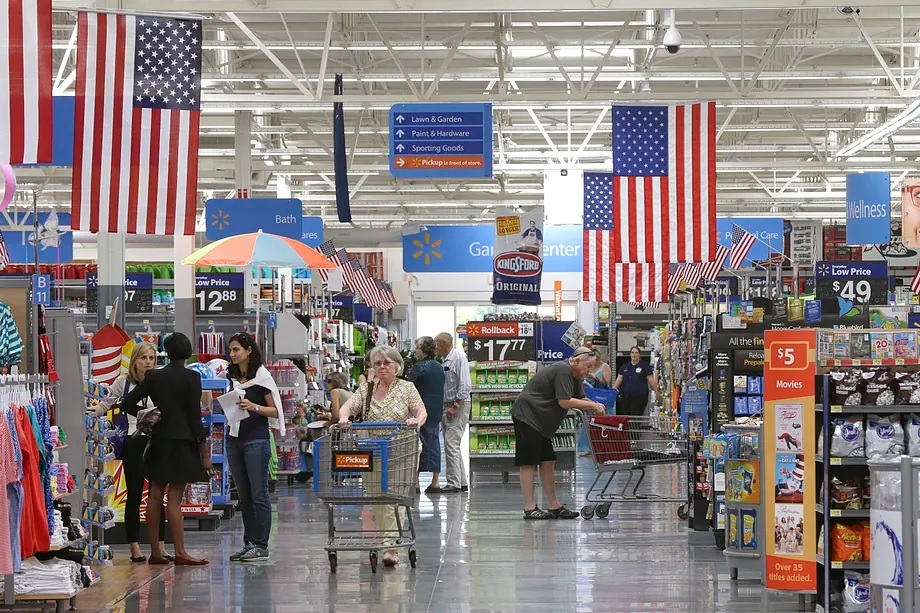It already happened in October 2019, when Donald Trump, during his first term, imposed 25% tariffs on certain European products, such as olive oil, wine, olives, or some aeronautical parts. In essence, the same products that, six years later and in a new term, he intends to tax at 20%.
At that time, the measure was a response to a long-standing dispute between the United States and the European Union over the public aid that European countries granted to Airbus, one of the largest manufacturers of commercial and military aircraft. Trump believed that these subsidies harmed the U.S. economy. This time, the argument is different: the Republican claims that the problem lies in a "unfair" global system with the United States, which has allowed other countries to "plunder" it for 50 years.
It is still early to quantify the impact of the new tariff wall, but some sectors claim that the consequences will be disastrous. "What happened six years ago is nothing compared to what will happen now," warns Rafael Pico, deputy director of the Spanish Association of the Olive Oil Exporting Industry and Commerce (Asoliva). "Six years ago, the tariffs had almost no impact on prices or exports, which led to an 80% loss in Spanish olive oil exports to the United States, with the exception of large brands that, due to their established position, managed to maintain their sales volume."
With the Biden administration (in June 2021), the 25% tariffs imposed by Trump were suspended for five years with the aim of negotiating a solution, but the solution never materialized, and the suspension ends in June 2026, "which means that if an agreement is not reached before then, this 20% that Trump has just announced on EU products will be added to the 25% he imposed in October 2019," explains Pico. Furthermore, "the problem worsens even more," he continues. "Spain exports about 375,000 tons of oil to Italy, of which Italy sells around 170,000 tons to the United States. If Italy also cannot export, they will stop buying oil from us, and that will be another quantity that we will stop selling, enlarging the loss gap."
"A tariff increase of this magnitude would lead, in the short term, to a scenario of higher inflation and lower global growth, which could be amplified due to increased uncertainty," says CaixaBank Research, specifying that the most affected products now after the day of liberation will be clothing, dairy, and sugar.
"This does not necessarily have to affect the prices paid by Spanish consumers," say sources in the distribution sector. The fact that some companies sell in the United States means that they "risk losing international customers and, consequently, having to sell more in the domestic market," point out from the Financial Users Association (Asufin). And this, "intuitively, would lead to lower prices."
It would not affect the pockets of Spaniards except in specific cases such as cereals or soybeans - used for livestock - of which we are highly dependent on other countries, including the United States. "We import 40%, mostly from the United States," sources in the sector indicate and explain that if the European Union ends up imposing tariffs on the American country, the price of this product could rise and this could indeed have a direct effect on the meat sector and consumers, "unless we find other countries that allow us to do without the U.S. market." A similar situation occurred in 2022 when the Ukraine war caused a serious problem in the cereal market, as Ukraine is one of the largest global exporters of wheat, corn, and barley. "To alleviate this situation, countries - including Spain - were urged to buy from other countries, one of them being the United States."
"In the short term, there will be a lot of uncertainty until firm resolutions are reached, generating market volatility due to speculation about whether there will be a recession, if inflation will rise...," says Luis Martín, president of Abencys. "What Trump wants is for the EU to deregulate markets so that he can enter them."
